Some students find this course difficult, or struggle with one or two specific parts of it. If you find yourself in need of assistance, you have many options. At Queen’s, people don’t usually seek you out to offer extra help, but there’s lots of help available if you ask for it. One of the reasons you pay tuition is so that you have knowledgeable people available to answer questions and provide guidance when the need arises. Please don’t feel embarrassed about asking! Even the very best students need to ask questions and clear up a bit of confusion from time to time. It’s much better to ask than to hide or ignore problems and end up with a bad mark.
***Asking for help doesn’t mean you’re a bad student! It’s part of how you learn.***
Even if you’re doing well in the course, you may occasionally be stumped by a program that’s not working. Whether it’s a marked assignment, an unmarked practice problem, or just your own experiment, please feel free to ask for debugging help. The TAs and I won’t write your code for you, but we will help you figure out where your problem is and discuss ways to fix it. I will have office hours every week during the term, same with the TAs. Please make use of it and come talk with us.
If all of my office hours in the current week conflict with your Queen’s courses or other obligations such as work shifts, please send me your current schedule by e-mail and I will make an appointment to talk with you. (If you send me your whole schedule instead of asking for an appointment at one specific time, it speeds up the process of finding a time that works for both of us.)
I am almost always free to chat with students immediately after our lectures. We may need to move into the hall to clear the lecture hall for the next class, but we can find a place to sit down and talk about questions or debugging problems.
While I’m very willing to talk with you about difficulties in this course, this is a large course and I can’t provide long individual tutoring sessions for everyone. Sometimes a few students feel they need more extensive assistance and wish to hire a tutor. You should know that your CISC 220 TAs are not available for such extra tutoring; Queen’s policy considers this a conflict of interest and does not allow it. The ASUS Tutoring Page can help connect you with other students who have done well in this course in past semesters and who are interested in tutoring. These tutors will not do your assignments for you, but will provide coaching and advice as you do your assignments and prepare for quizzes and the final exam.
Please don’t email me or any of the TAs asking for debugging help. Better stop by our offices in the office hours and do the debugging on your PC to make sure the problem can be replicated.
If you find yourself having a lot of difficulty with this course or others or with life in general while you are at Queen’s, there are other more general resources available. I encourage you to seek out help and advice as soon as possible. There’s no shame in this; some very successful graduates will tell you that they had difficulties at one time or another. Here are some web sites that may be of help:
- Queen’s Learning Strategies page has links to many sources of information about learning strategies, as well as information about workshops and drop-in sessions at Queen’s.
- Queen’s Health Services has counselors who can talk with you if you’re experiencing illness or any kind of personal problems that are affecting your work.
- If you have a learning disability it is very important that you are in contact with Queen’s Student Accessibility Services (QSAS). They can give you useful advice about coping with your studies and also help you set up whatever special accommodations you might need. If you believe you might have a learning disability (and some aren’t detected until University, when the work gets harder!) they can help you figure this out.
- The Queen’s Chaplain is available to talk confidentially with any students at Queens, regardless of faith. There are also several places of worship in the Queen’s neighbourhood with student ministries and clergy who are available to talk with students.


